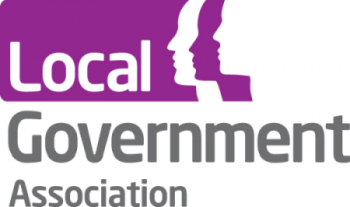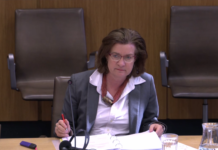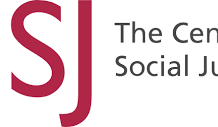As the summer festival season gets underway, councils are warning that because of outdated licensing fees, local taxpayers are heavily subsidising some commercial events and are calling for fees to be updated – a plea that extends across the whole licensed sector.
The Local Government Association, which represents councils in England and Wales, is calling for Government to enable councils to set licensing fees at a level that recovers the full costs of administering the work for each event and premises.
Under the Licensing Act 2003, councils are responsible for granting licences for premises providing entertainment and alcohol, and for some sporting and other events. Councils are able to charge a set licence fee intended to cover the cost of issuing, administering, and enforcing these licences.
Since the Act’s introduction in 2005, national fees set by central government have not been updated.
This is despite an independent report in 2006 recommending that fees should initially be increased by 7 per cent to alleviate funding gaps.
Updated analysis led by the LGA in 2016 revealed that licensing authorities had a net deficit of £10.3 million in licensing fees, a figure which will have since increased as inflation causes overall costs to rise.
Councils are highlighting how licence fees for some events often incur the biggest cost shortfalls, with some festivals – attracting up to 5,000 paying attendees – paying councils just £100 for a licence to host the event. This is despite these types of events taking a significant amount of council time to manage, from site visits and resident engagement to address concerns, to setting and enforcing the conditions and safety requirements for how they should operate.
The LGA wants councils to be given the power to set fees locally, as a House of Lords select committee also recommended in 2017.
Deputy Chair of the LGA’s Safer and Stronger Communities Board, Cllr Clive Woodbridge, said: “Councils want to support their local culture offer and ensure their towns and areas are attractive destinations to host events and licensed premises.
“However, the Government has underestimated the costs councils incur in administering the Licensing Act for more than 15 years. With councils facing ever increasing budget pressures, there is a dire need for fees to be updated to fairly reflect current administrative costs.
“Councils should be allowed to set local fees which will enable them to charge appropriately for each event. At the very least, we urge government to recognise the need for an uplift and commit to a flat rate increase to the 2005 fee levels.
“Setting fees at local cost recovery level will not impact the viability of businesses and events because they are not a significant proportion of overall operating costs but will ensure that councils are reimbursed for the costs they incur and stop taxpayers subsidising licensed businesses and commercial events.”
Case Studies
Herefordshire Council received a premises licence application for a three-day outdoor festival catering for up to 5,000 attendees. The organiser paid a £100 licence fee, however the estimated cost of awarding the licence is upwards of £1,500 due to the resource requirements to address resident concerns and ensure the event complied with a range of mandatory regulations.
Cannock Chase DC recently received an application for a micro pub and neighbourhood bar, which attracted more than 60 representations from residents and others and resulted in a half-day hearing of the Licensing Sub-Committee, in addition to the time it took to receive and process the application. The council received just £190 towards the cost of this.
Leeds City Council faces significant shortfalls in costs when licensing different events due to nationally set fees that do not reflect the individual licensing requirements for each event. Event organisers currently must pay a £100 fee to set up a new licence, followed by an annual fee to maintain the events licence, based on the non-domestic rateable value of the space. With most events held on land that doesn’t have a rateable value, the council can only charge the lowest band – £70. Organisers may also be charged a large event fee based on the occupancy of the event. However, the large event fee does not apply for events catering for up to 4,999 people, despite many of these events often requiring as much licensing support as a bigger event would, costing the council hundreds of pounds to administer duties and a funding gap to account for.

Help keep news FREE for our readers
Supporting your local community newspaper/online news outlet is crucial now more than ever. If you believe in independent journalism, then consider making a valuable contribution by making a one-time or monthly donation. We operate in rural areas where providing unbiased news can be challenging. Read More About Supporting The West Wales Chronicle























